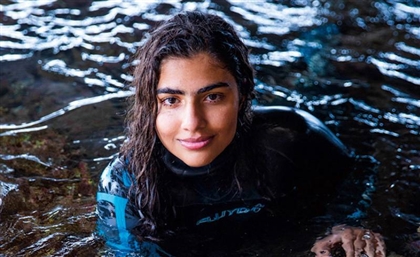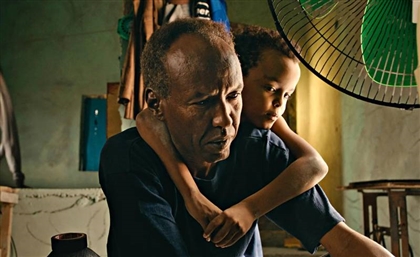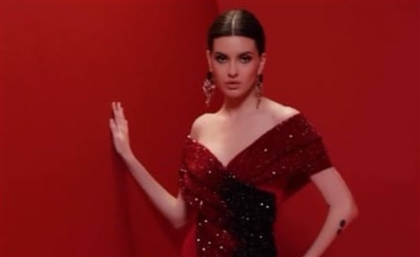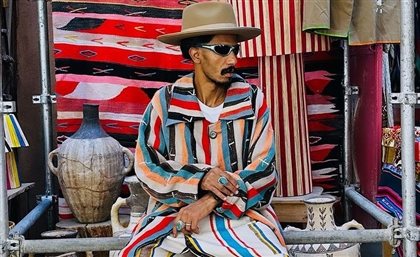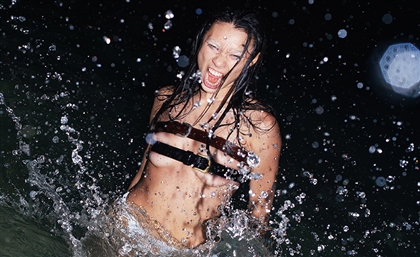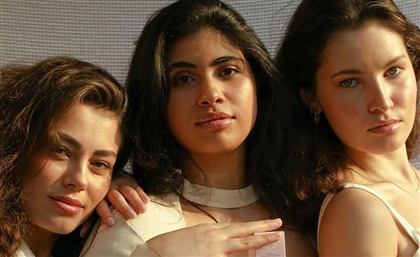The Bridge
Premiering in Milan, Italy, last night, The Bridge is a short documentary by Alia Diab that aims to consolidate the opposing and often aggressive views that Arabs and American can have towards each other. We speak to the director to find out more.
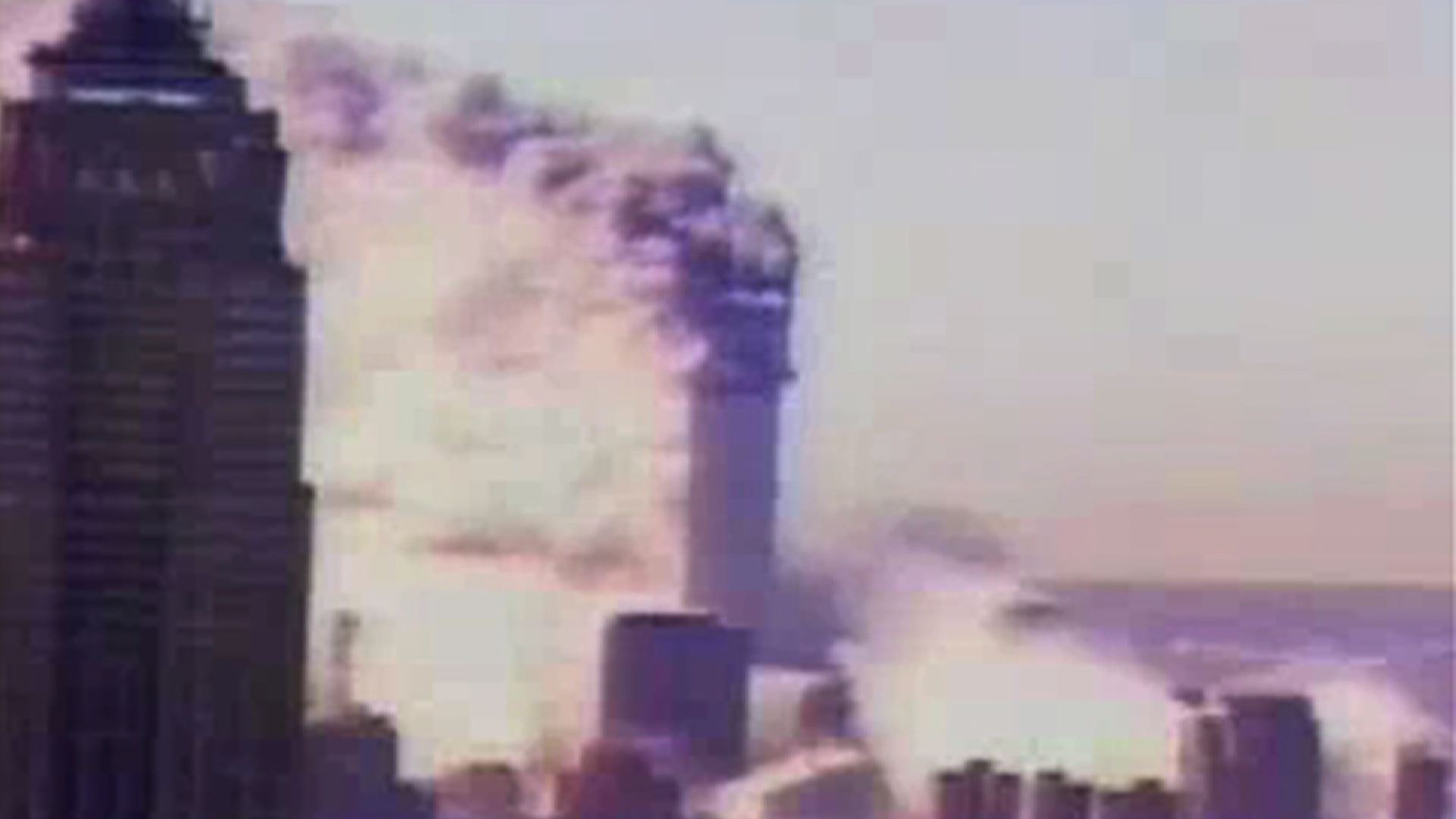
Unfortunate as it is, there is a lack of understanding between a lot of Arabs and a lot of Americans. And make no mistake; this isn’t just the fault of the evil white man. We’ve got a part to play in the mistrust between the two sides, too, but luckily, every so often, we find someone who’s trying to bridge that gap. Yesterday, The Bridge premiered at the Souq Film Festival in Milan - a festival dedicated to the theme of urban suffering. A short documentary, produced and directed by Alia Diab, with the assistance of field producers Fatma Kayed and Dawn Bourgland, and edited by Bassem Shalaby, the hard-hitting film interviews Americans and Arab Americans and asks them their views of one another, and recent events, in the on-going uncertainty that still plagues both sides since 9/11.
The 22-minute documentary, which we had the pleasure to get a sneak preview of, consists of a series of interviews and uses clips of cartoons, interspersed between some serious conversations. "This was my way of saying my opinion or comment on a topic or to react to something someone said in entertaining way. I wanted it to be interesting for people to watch, since the film is all speech and not much action, so this helped,” explains Diab just hours before her premiere. This technique certainly puts a new perspective on things, and helps shed a light on the prosperousness of some of the extremist or misguided views that some interviewees have.
As an Arab American herself, Diab is clearly well-versed in both sides of the story and, one can assume, she has made peace with being both and that’s exactly what she wants her film to instill in its viewers. “My message was to stop prejudice and stereotyping and actually listen to what the others have to say. A lot of conflicts occur due to that lack of communication and because of the government controlled media and the ideas it plants in people's heads,” says Diab. Quite the hefty challenge, it’s a surprise that the team were able to squeeze all of that into a short film but it’s quality not quantity as the director explains: “ I didn't think about the length once I started editing, I was attempting to give the best cut, getting best of everything without having any long segments...I wanted to cut to the chase. I think whether you are making shorts or features, it all depends on if you were satisfied with what you have and the duration comes later.”
But despite all the good intentions behind this film, one can’t help but wonder if having Arab Americans and Muslims speak about terrorism, racism and their experiences in the States might come off too defensive. Suspiciously defensive even. “I think that I have displayed a non-biased opinion being Arab and American at the same time; I have shown both good and bad sides and even though some bad views might be extreme, I haven’t an extreme reaction from any of the Arabs so far,” argues Diab, helping us breathe a sigh of relief.
- Previous Article I Got Banged!
- Next Article Denial




